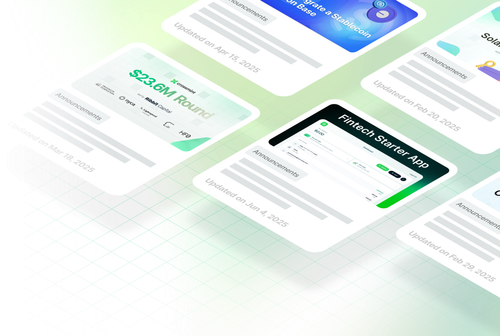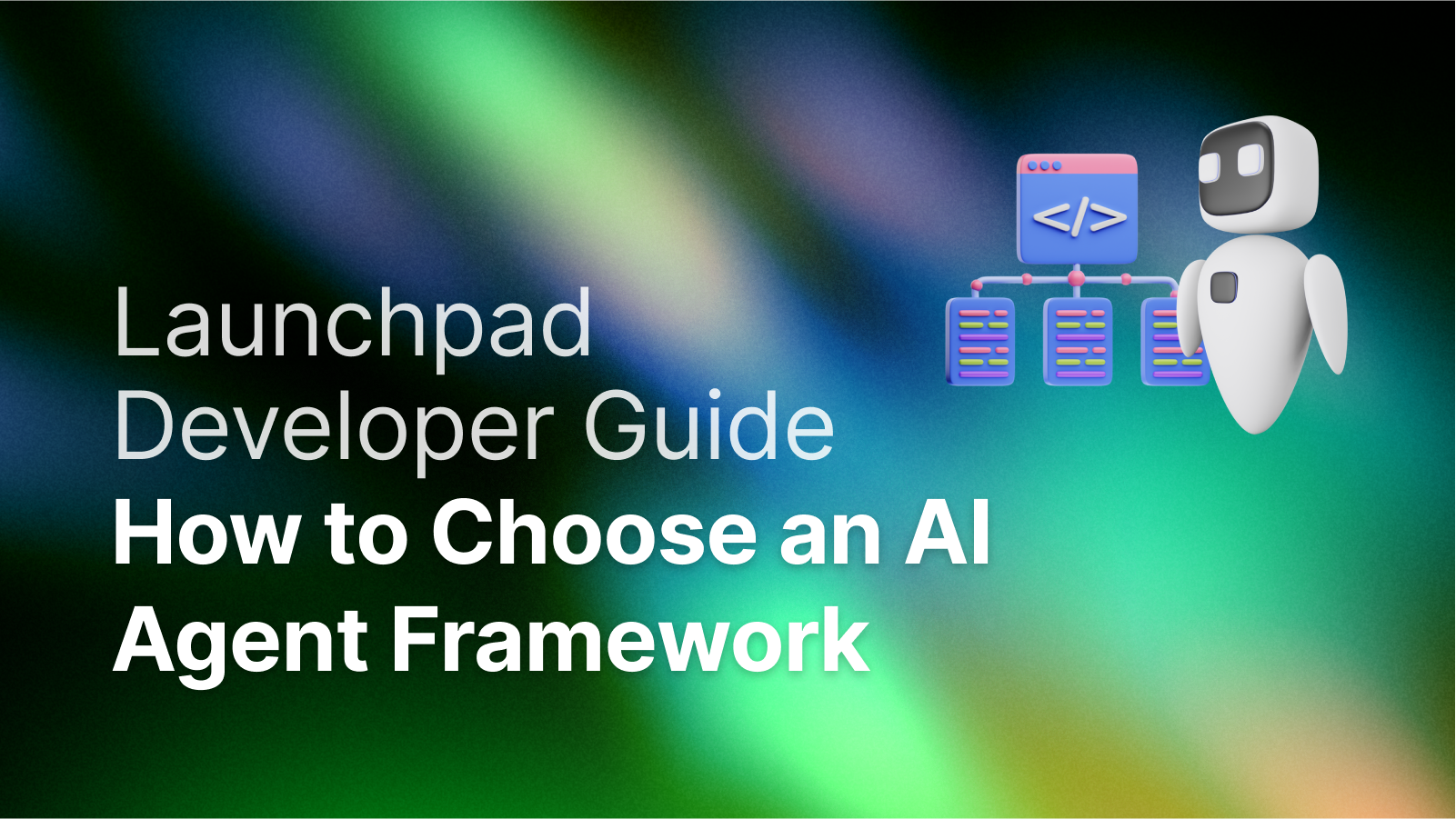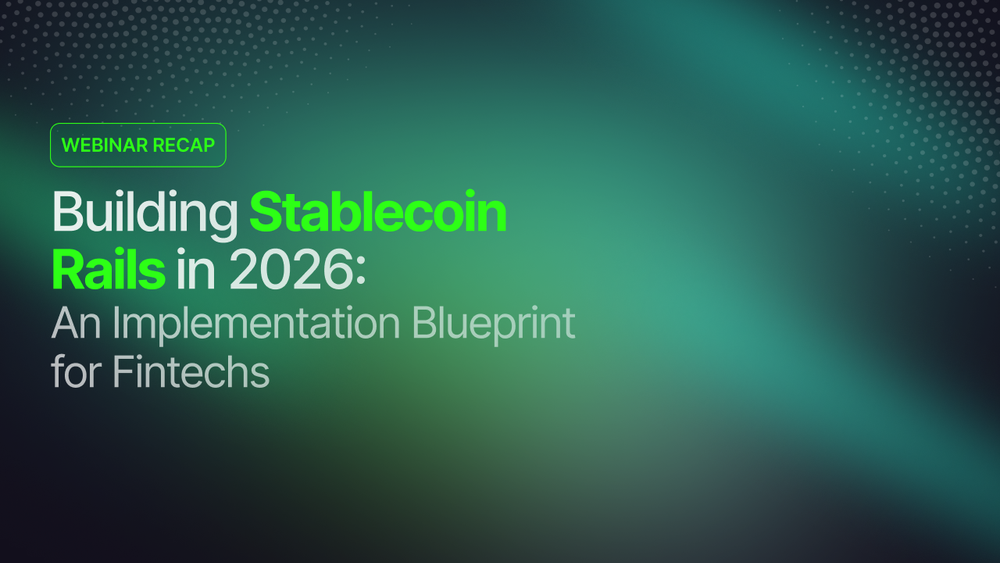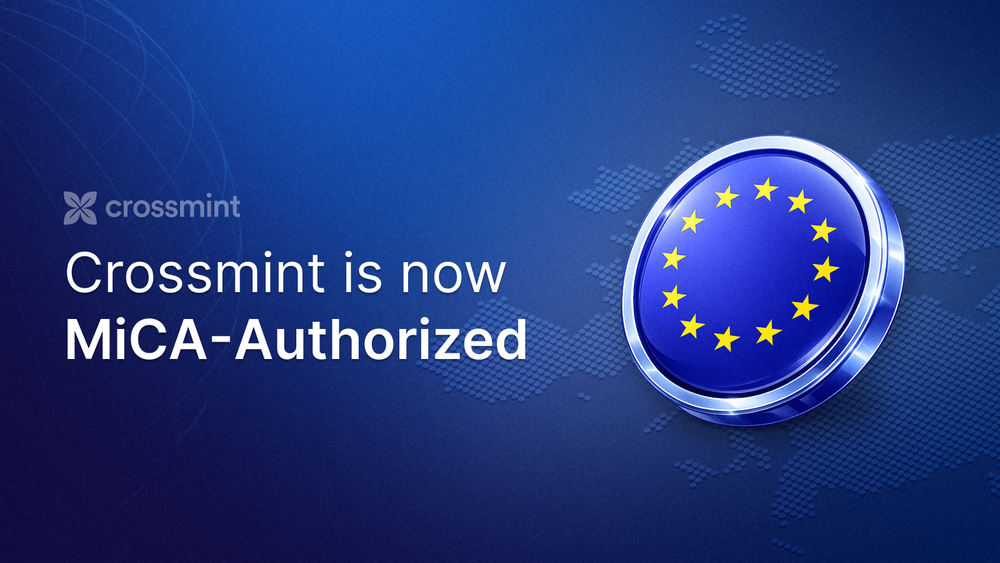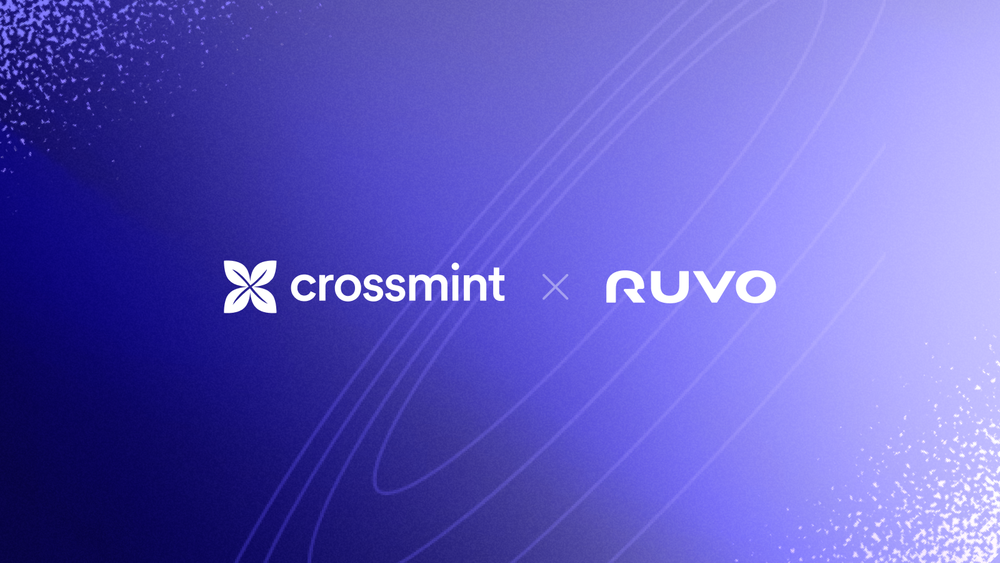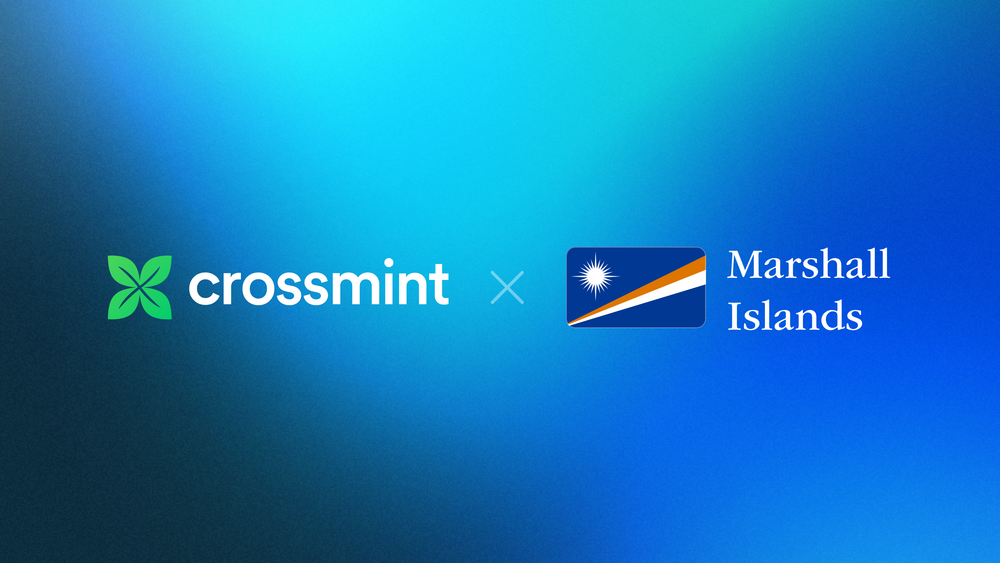AI agent launchpads like Virtuals and Zentients are growing fast in popularity as more developers look to automate workflows like trading onchain and social media. These agents and agent owners rely on not only the launchpad but the underlying frameworks, open-source tools and APIs it’s built upon. This means that it’s critical for AI agent launchpads to keep security, autonomy, compliance and ease of use top of mind when choosing what wallet architecture to use and framework to build on top of.
In this article, you will learn what an AI agent framework is, how to choose the best one for your launchpad or platform and about the most popular frameworks used today.
What are AI agent frameworks?
AI agent frameworks are the infrastructure for building software that can think and act autonomously. Unlike traditional frameworks that execute predefined logic, agent frameworks enable applications to reason about their actions and adapt their behavior. They serve as the bridge between large language models and practical business applications.These frameworks are important for launchpads because they depend on their ability to adapt quickly to user needs and market changes. AI agent frameworks provide the foundation for building products that can evolve with constant rewrites and manual updates. This capability transforms the build-measure-learn cycle from weeks to hours, giving startups unprecedented agility in their product development.
How to choose which AI agent framework to use?
When selecting an AI agent framework, consider these key factors to align with your project needs:
Framework Flexibility and Control
Lower-level frameworks like LangChain provide granular control over agent behavior and function calling. High-level frameworks like AutoGen offer faster development but less customization flexibility.
Single vs Multi-Agent Architecture
Match your framework to your architecture needs. LangChain excels for single-agent systems, while CrewAI and AutoGen are optimized for multi-agent scenarios.
Start Framework-Free
Begin by building basic agents from scratch to identify your essential requirements. This hands-on experience helps you evaluate frameworks based on your specific needs rather than general features.
Best AI Agent Frameworks in 2025
ElizaOS
Eliza is a multi-agent simulation framework built in TypeScript that enables the creation, deployment, and management of autonomous AI agents. The platform offers flexibility and extensibility for developing intelligent agents that can maintain consistent personalities and knowledge while interacting across multiple platforms.
Best for: Web3 agents with a Discord and Twitter focus
Vercel AI SDK
The AI SDK is a TypeScript toolkit that helps developers integrate AI models and build AI-powered applications across React, Next.js, Vue, Svelte, Node.js, and other frameworks. By standardizing AI integration across supported providers, it allows developers to focus on building great applications rather than getting bogged down in technical implementation details.
Best for: Non-web3 devs who are looking to create more robust agents
Zerepy
ZerePy is an open-source Python framework, built from a modularized version of the Zerebro backend, that enables deployment of LLM-powered agents on X. While it provides similar core functionality as Zerebro for launching your own agents, you'll need to fine-tune your own model for creative outputs.
Best for: Web3 agent developers who are looking to have more flexibility in their agent design
CrewAI
CrewAI is a framework that enables the creation of AI teams where specialized agents, each with defined roles and tools, work together autonomously to accomplish complex tasks. Just as you would assemble a dream team of experts, CrewAI lets you coordinate AI agents with unique skills and capabilities to collaboratively achieve your objectives.
Best for: Multi-agent systems
Langchain
LangChain is a framework that enables developers to build language model-powered applications with components for LLMs, prompts, memory systems, and agent tools. Available for both Python and JavaScript, it provides a comprehensive toolkit for developing sophisticated AI applications.
Best for: Agent developers looking to simplify function / tool calling and go from 0 to MVP quickly with a single agent
GAME Framework by Virtuals
GAME is a modular framework that uses foundation models to power autonomous agents, enabling them to plan actions and make decisions across different environments based on their goals, personality, and available information. The framework functions as a decision-making engine that processes an agent's context and parameters to determine and output the most appropriate actions to execute.
Best for: Web3 agent developers looking for a framework that shows how their agents decide which tools to use
Autogen
AutoGen is an open-source framework that enables developers to create autonomous and chat-based agents with customizable roles and conversational memory for multi-agent interactions. The framework supports both automated task solving and human-AI collaboration through structured agent conversations.
Best for: Multi-agent systems
LlamaIndex
LlamaIndex.TS is a lightweight framework that helps developers integrate LLMs with their own data sources and processing capabilities into applications. It provides a simple, centralized interface for connecting language models with external data, making it easy to build AI applications that can work with custom information.
Best for: Going from 0 to MVP quickly
Building with Crossmint Agent Wallets
Introducing Agent Wallets.
— Crossmint (@crossmint) February 6, 2025
Built for AI agent providers + launchpads.
Let your agents interact autonomously onchain while maintaining regulatory compliance.
End users retain full control of their agents' wallets. Zero custody risk for you as the provider. pic.twitter.com/NQ2DK5jywx
Crossmint Agent Wallets allow developers to launch AI agent platforms and launchpads that can scale reliably to millions of users. They are fully non-custodial, which means:
- Crossmint never has access to your agents’ wallets
- Launchpads never have access to their agents’ wallets
- Keys stay completely private
- Agent platforms don’t need money transmitter licenses
Getting started is simple:
- One line of code to create agent wallets
- Connect with MetaMask, passkeys or social login
- Build anything from DeFi to payments across all major chains, AI agent frameworks and 200+ GOAT SDK plug-ins
If you’re interested in building with Crossmint Agent Wallets, reach out to our sales team!


